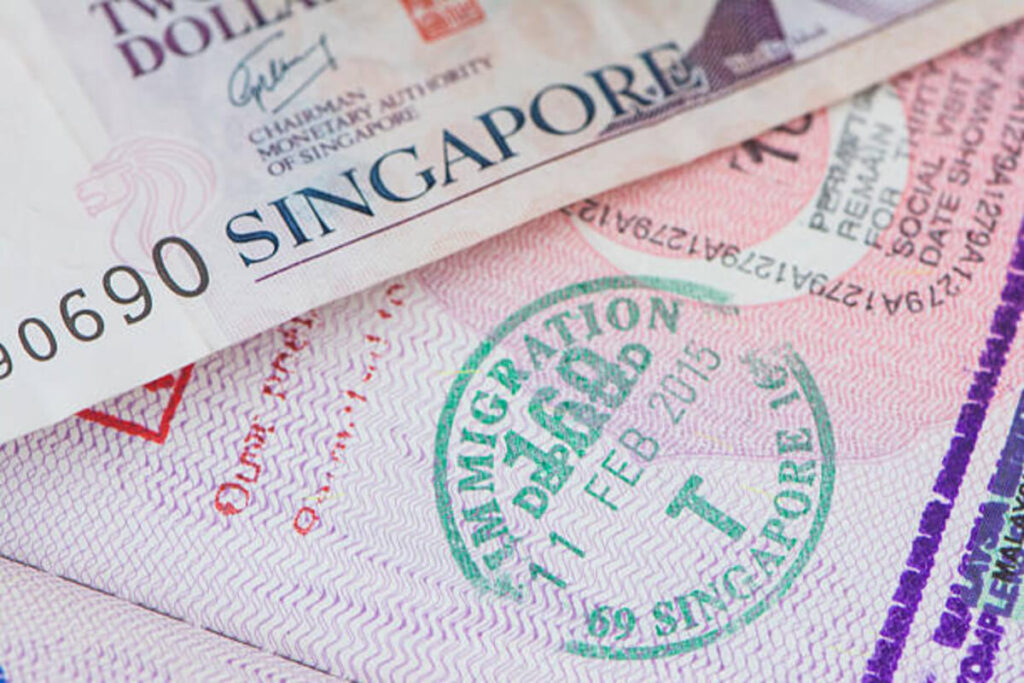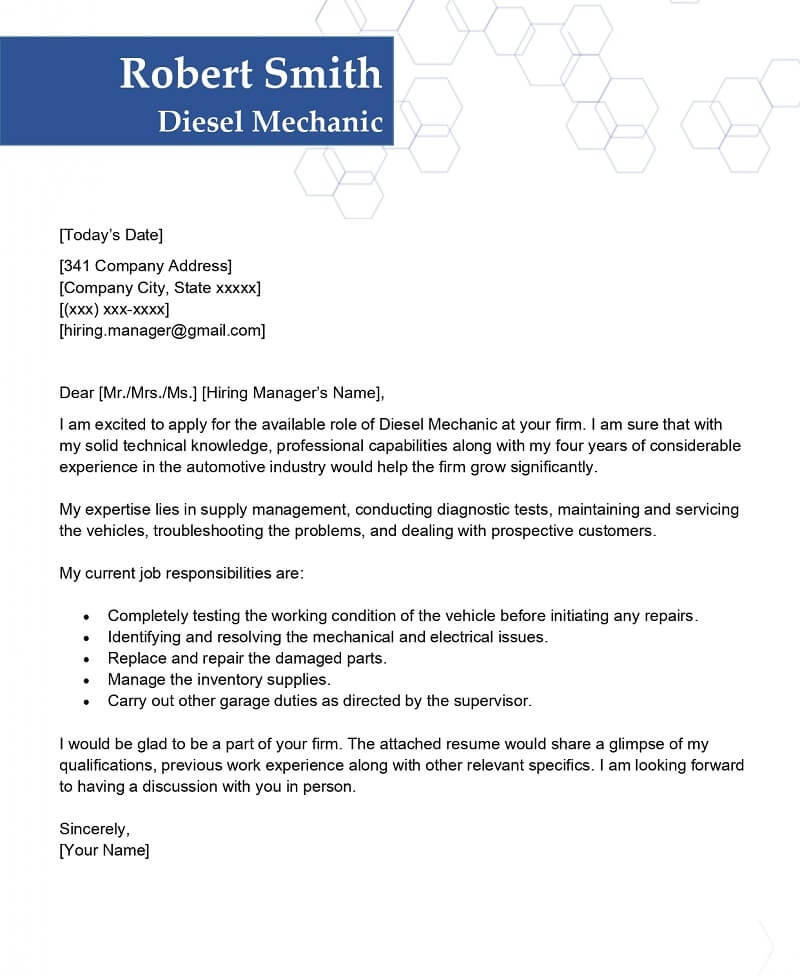Applying for a Skilled Worker Visa in the UK can feel complicated, but with the right information, the process becomes much clearer. This visa opens doors for skilled professionals from around the world to work and live in the UK legally. Knowing exactly what steps to take, which documents to prepare, and how to meet the requirements is key to a successful application.
Advertisement
In this article, you will find a complete guide to securing a UK Skilled Worker Visa, designed to make the process straightforward and easy to follow. Whether you’re starting your job search or ready to apply, this guide covers everything you need to know.
What Is the UK Skilled Worker Visa?
The UK Skilled Worker Visa allows non-UK citizens to live and work in the UK legally. It is for people who have a job offer from a UK employer approved by the Home Office. This visa replaced the Tier 2 (General) work visa. It allows you to work for up to five years, bring family members, and apply for permanent residency later.

The job must meet certain requirements, including being on the approved occupation list and paying a minimum salary. This visa helps skilled workers fill roles that are important to the UK’s economy and services.
- Brief, clear definition of the visa
- Who it’s for: non-UK citizens with a job offer in the UK
- Key benefits: work legally, bring dependents, path to permanent residency
Read: Top English Language Tests for Visa and Immigration Success
Who Can Apply?
You can apply for the UK Skilled Worker Visa if you have a confirmed job offer from a UK employer licensed to sponsor workers. Your job must appear on the government’s list of eligible roles. You must meet the minimum salary threshold, usually £26,200 per year or £10.75 per hour unless the job is in a shortage occupation.
You also need to prove your English language ability and show that you can support yourself financially. Meeting these requirements is essential for a successful application. If you’re outside the UK, you must apply before entering the country for work.
Eligibility requirements:
- Job offer from a UK employer approved by the Home Office
- Job must be on the eligible occupation list
- Meet salary threshold (typically £26,200/year or £10.75/hour)
- Meet English language requirement
- Mention skilled but lower-paid roles may still qualify under shortage occupation
Step-by-Step Application Process
First, get a job offer from a UK employer licensed to sponsor foreign workers. Once you’re hired, your employer will issue a Certificate of Sponsorship. Next, prepare your documents, including your passport, CoS, proof of English knowledge, and financial evidence. You then apply online through the official UK Government website. Pay the visa fees and Immigration Health Surcharge.
You may need to attend a biometric appointment. After applying, wait for a decision, which usually takes three weeks if you apply from outside the UK. If approved, you’ll receive your visa and can travel to the UK to start work.
Get a Job Offer:
- Find a licensed UK sponsor (link to UK sponsor list)
- Job must be eligible (link to list of eligible jobs)
Receive a Certificate of Sponsorship (CoS):
- Employer assigns a unique CoS reference number
- CoS must be valid and include job details and salary
Prepare Your Documents:
- Valid passport
- Certificate of Sponsorship
- Proof of English knowledge
- Proof of funds (unless employer covers it)
- Tuberculosis test (for certain countries)
- Criminal record check (for specific jobs)
Apply Online:
- Apply through the official UK Government website
- Pay the application fee and Immigration Health Surcharge
- Biometrics appointment if needed
Wait for Decision:
- Usually takes 3 weeks (outside the UK) or 8 weeks (inside the UK)
- Priority processing ng available in some cases
Visa Fees and Costs
The visa cost depends on how long you plan to stay and whether your job is in shortage occupation. The application fee ranges from £610 to £1,408. You must also pay the Immigration Health Surcharge, which is £1,035 per year. These fees apply to each applicant, including dependents.
Some employers cover part or all of the costs, especially in sectors with staff shortages. You may also need to budget for biometric fees, document translation, and travel costs. Having enough money saved or an employer that supports you can make the process smoother and more affordable.
- Application fee (ranges from £610–£1,408 depending on circumstances)
- Immigration Health Surcharge: £1,035 per year
- Possible employer support for fees or relocation
- Highlight potential financial support options
How Long Can You Stay?
The UK Skilled Worker Visa allows you to stay and work in the UK for up to five years. You can extend the visa or apply for permanent residency after this period if you still meet the requirements. The time allowed on the visa depends on your job contract, but you won’t need to leave and reapply each year.
As long as your job continues and you meet the salary and eligibility rules, you can stay in the UK. Many people use this visa as a path to long-term settlement and eventual British citizenship. Tvisitsaa lasts up to 5 years
- Renewable before expiry
- Eligible to apply for permanent residency (Indefinite Leave to Remain) after 5 years
Can You Bring Your Family?
Yes, you can bring your family members with you to the UK under the Skilled Worker Visa. Eligible dependents include your spouse or partner and children under 18. Each family member must apply for their own visa and pay the same fees, including the health surcharge.
You’ll also need to show that you can financially support your family in the UK. They’ll be able to live, study, and work (if eligible) while in the UK. Having your family with you makes it easier to settle and build a stable life during your time working in the UK.
- Yes, dependents can come (spouse/partner, children)
- Each must apply and pay separate fees
- Must prove financial support for dependents
Jobs That Qualify
To qualify for the Skilled Worker Visa, your job must be on the list of eligible occupations approved by the UK Government. These include roles in healthcare, engineering, IT, teaching, construction, and skilled trades. Shortage occupation roles, like care workers or welders, may have lower salary thresholds.
High-demand sectors often offer faster visa processing and more support from employers. Check the full occupation list before applying to make sure your job is eligible. The job must also meet minimum salary requirements. If you’re unsure, you can use the UK Government’s online eligibility tools for clarity.
A brief overview of in-demand sectors:
- Healthcare (nurses, doctors, carers)
- IT and tech roles
- Engineering
- Education (teachers)
- Skilled trades (electricians, chefs, welders)
- Link to official occupation list
Common Mistakes to Avoid
Many applicants face delays or rejections due to avoidable mistakes. Don’t apply without a valid job offer from a licensed UK sponsor. Make sure the job meets the salary and occupation list criteria. Submit all required documents clearly and correctly. Don’t skip the English language proof or forget to check visa fees.
Avoid using expired Certificates of Sponsorship or missing the deadline to apply. Double-check the latest visa requirements before you submit your application. Taking time to review your documents and meet all criteria increases your chance of success and avoids costly delays.
- Applying without a licensed sponsor
- Not meeting the minimum salary
- Submitting incomplete or incorrect documents
- Ignoring English test requirements
- Letting the CoS expire before applying
What Happens After You Arrive in the UK?
Once you arrive in the UK, you must collect your Biometric Residence Permit (BRP) within 10 days. You can begin working right away if your visa is active. You should register with a local GP (doctor), set up a UK bank account, and get familiar with your area.

Your employer may help you adjust to local laws and your job role. It’s also a good idea to learn your rights and responsibilities as a visa holder. You’ll have the right to rent, work, and use public services like healthcare while living in the UK.
- Collect BRP (biometric residence permit)
- Register wa with a GP (doctor)
- Open a bank account
- Start work immediately
- Rights and responsibilities under this visa
Read: How to Build Credit Abroad as a New Immigrant
How to Switch or Extend Your Visa
You can switch to a Skilled Worker Visa from another visa category if you’re already in the UK and meet the criteria. To extend your visa, apply before it expires. You must still work for a licensed sponsor in an eligible job and meet the salary and job requirements. If you change jobs, your new employer must issue a new Certificate of Sponsorship.
You cannot start the new job until you receive a new visa decision. Keep your documents and employer records updated. Extending or switching your visa lets you stay legally and continue working in the UK.
- You can switch from another visa if eligible
- Steps to extend your Skilled Worker visa
- What happens if you lose your job or change employers
- Rules for updating your visa conditions
When and How to Apply for Settlement
After five years on a Skilled Worker Visa, you may apply for Indefinite Leave to Remain (ILR), which is UK permanent residency. You must still work for the same employer, meet salary requirements, and show you’ve stayed in the UK continuously. You’ll need to pass the Life in the UK test and meet the English requirement.
ILR gives you the right to live and work in the UK without visa restrictions. After one year of ILR, you can apply for British citizenship. Getting ILR is a big step toward making the UK your permanent home.
Requirements for Indefinite Leave to Remain after 5 years:
- Continuous stay
- Same job or role
- Meet income and knowledge of life in the UK requirements
Helpful Resources and Contacts
For accurate and updated guidance, visit the official UK Government website on Skilled Worker Visa. You can also check the list of licensed sponsors and the full occupation list. If you need help, UKVI (UK Visas and Immigration) offers support by phone or online. Consider speaking with a registered immigration advisor or solicitor.

Some nonprofits provide free or low-cost immigration advice. Use trusted job boards and recruitment agencies specializing in UK sponsorship jobs. These resources can help you avoid scams, complete your application correctly, and find the right path to a successful UK move.
- Link to official UK Government Skilled Worker Visa page
- Link the o licensed sponsor list
- Contact details for UKVI support
- Free legal advice services (if any)
- Top-rated immigration consultants (option to monetize through affiliate/referral)
Read: Living Abroad 101: Key Tips for First-Time Immigrants
The UK Skilled Worker Visa allows skilled professionals to live and work in the UK with a valid job offer from a licensed employer. This visa requires meeting specific criteria, including job eligibility, salary thresholds, and English language skills. The application process involves obtaining a Certificate of Sponsorship, submitting documents, and paying fees.
The visa lasts up to five years, with options to extend or apply for permanent residency. Dependents can also join visa holders. Following clear steps and avoiding common mistakes increases the chance of approval. This guide provides all the essential information needed to secure the visa successfully.


